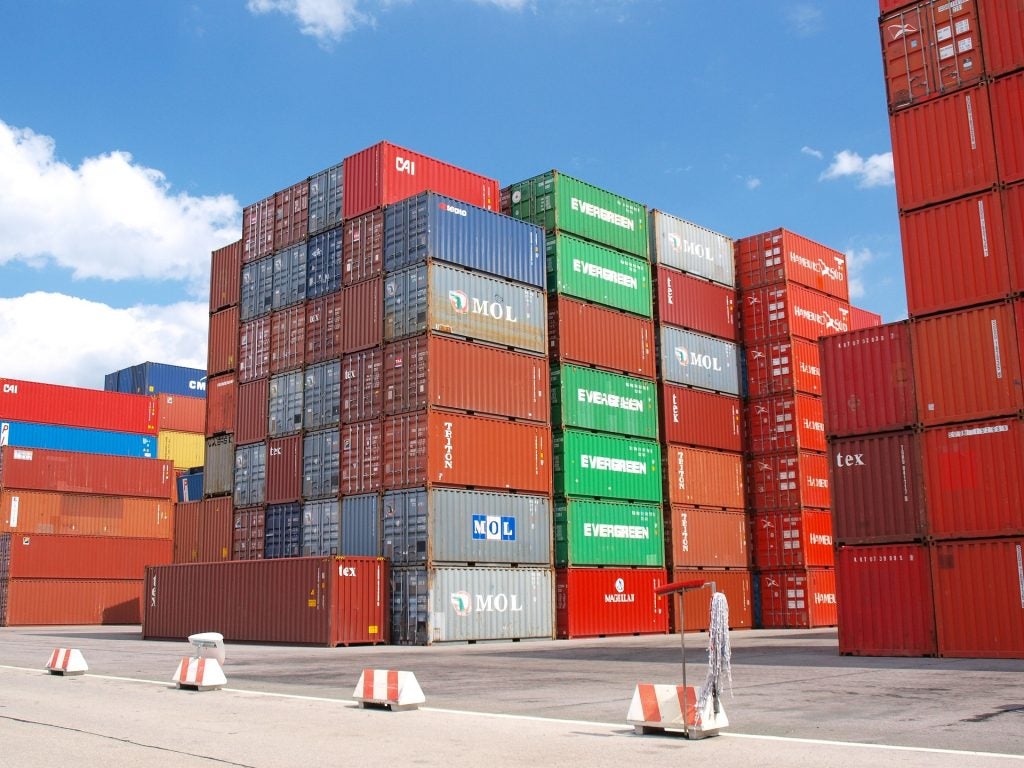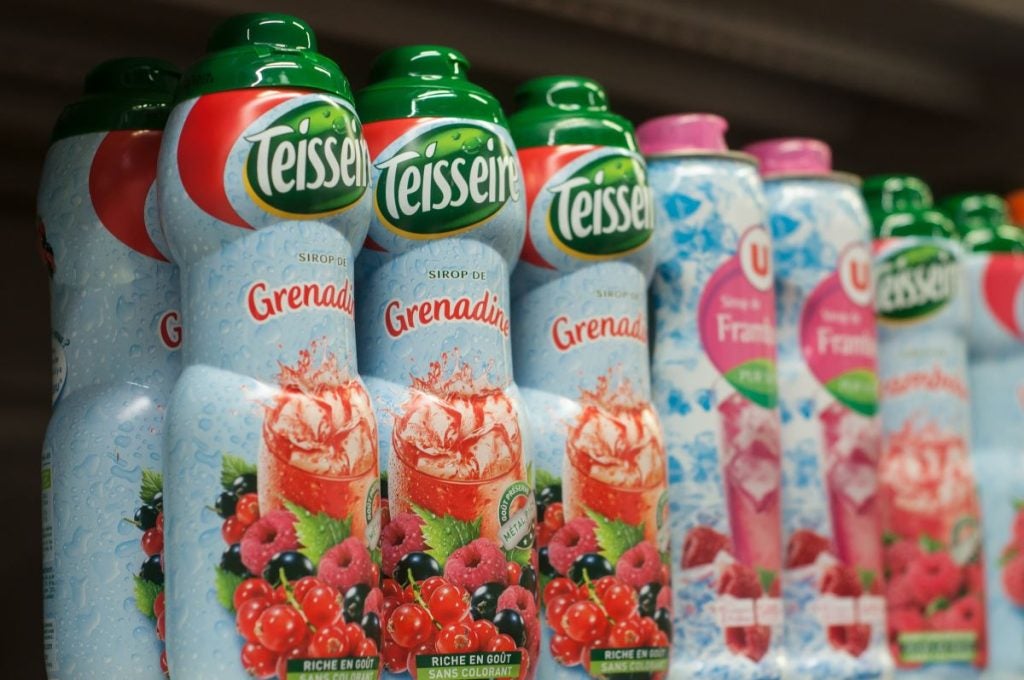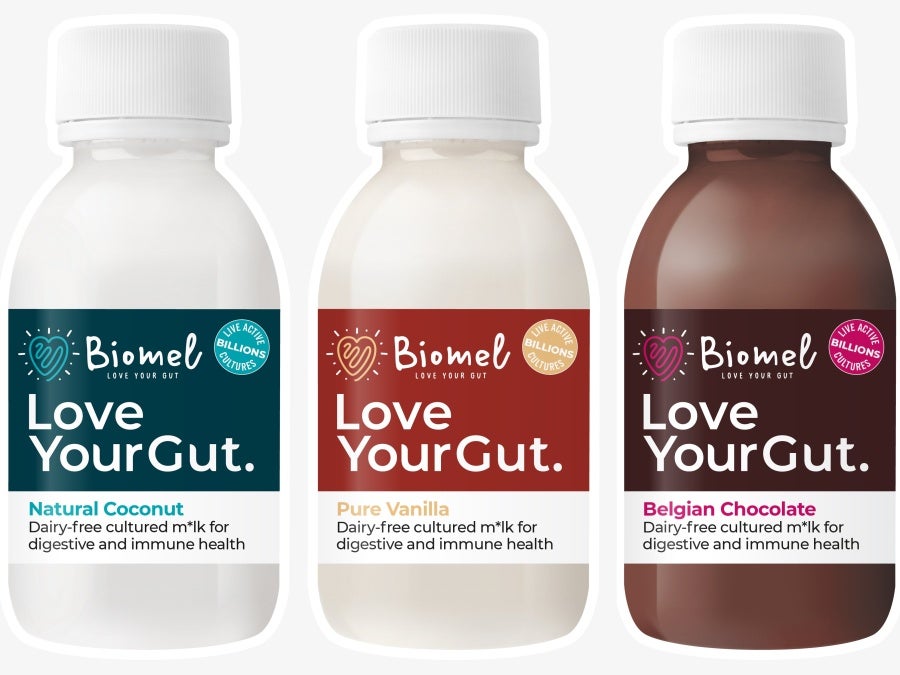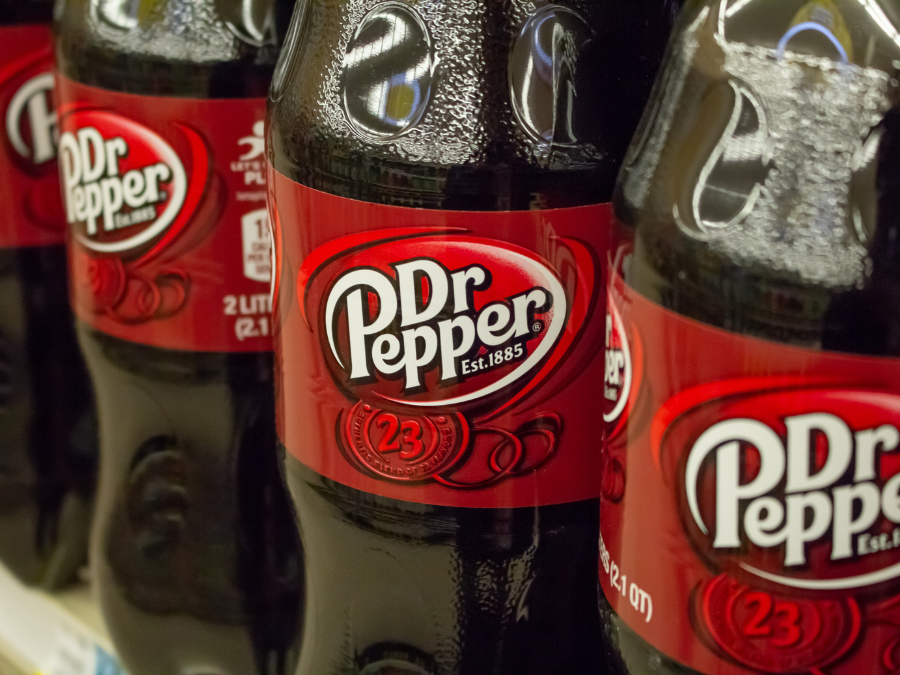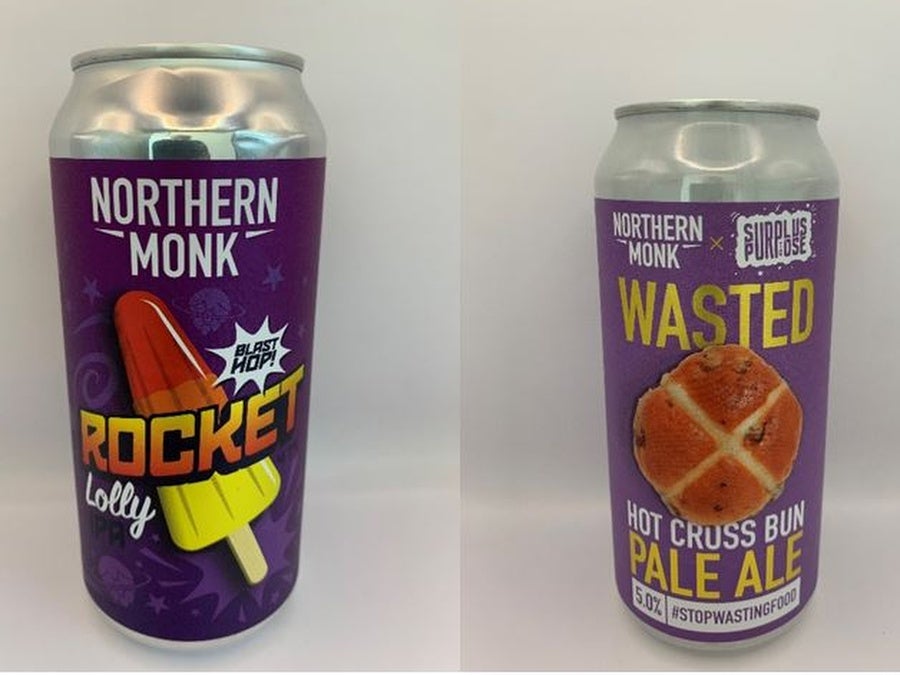UK food and drink trade bodies have expressed some doubts as to whether new border controls on EU imports will be implemented on time in January.
The government has delayed the rollout of post-Brexit border checks under its Border Target Operating Model (BTOM) five times, most recently in August, while no controls exist on goods coming into the UK from the EU.
BTOM checks will be introduced in phases next year, starting on 31 January with import health certificates on “medium-risk" animal products, plants, plant products, and “high-risk” food and feed of non-animal origin. Other checks are due to come into force in April and October, including physical checks on products and safety and security declarations.
“There’s still some very crucial missing detail, which in terms of believing that it’s going to happen on 31st of January without having the detail about the frequencies of checks from April, makes it less believable that it is real this time round,” Katie Doherty, the CEO of the International Meat Trade Association, said.
Addressing a hearing of the UK House of Commons’ Environment, Food and Rural Affairs Committee (EFRA) yesterday (21 November) into the “effectiveness” of the UK’s trade strategy for food and agriculture, Doherty noted some concern around the devil in the detail, particularly around veterinary certification for exports to the EU.
“We still don’t know which ports are going to offer which derogations and that’s really important for our members to be able to plan their business when the vet maybe is appearing on the other side to sign the export health certificate.
“Then what the business operating hours are as to when they need to actually pre-notify all of that through the supply chain and if they don’t have that detail now, the 31st of January, we’re in late November, that’s causing our members some concern about how they can be ready for the end of January next year.”
Speaking at the same hearing, Robert Sheasby, the CEO of the Agricultural Industries Federation, simply replied “no” when asked if the BTOM implications are fully understood by the agri-food sector.
“It’s reawakening their confidence that this time round the Target Operating Model is going to be implemented,” Sheasby responded. “I don’t think it enhances our reputation when we keep changing the deadline by which we wish to enact our own border-control mechanisms.”
Meanwhile, Sean Ramsden, a director for the Food and Drink Exporters Association, was critical of the current policy favouring EU exporters.
“Until there’s a robust import regime for food and drink from the EU to the UK, there won’t really be any sensible leverage. The EU has made exporting British food as difficult as it possibly can, hence our absolute plummet in volumes that are being moved,” he explained to the parliamentary hearing.
Cost of certifications under spotlight
For UK food and drinks exporters, Ramsden emphasised the costs and delays involved around certifications, giving an example suggesting veterinary inspections might cost £100 ($125.35) for a case of product worth £5.
“It’s not viable for us to export anything with a meat or dairy content in because of the cost and complexities of getting that certified,” he said.
Doherty, discussing the separate issue around the recent free trade deals with Australia and New Zealand, pointed to a lack of cohesion between government departments – notably The Department for Business and Trade and Defra – in negotiating those agreements, and a lack of engagement with industry experts.
“From an exporting perspective, there’s no point in negotiating an agreement where you have zero tariffs into a particular market without first having the veterinary market access. We need that holistic join-up across different government departments in order to think about how it impacts on agriculture, agriculture policy and the wider economic picture.”
Ramsden added: “I think if you ask virtually any exporter, it isn’t the tariffs, it’s the non-tariff barriers, it’s the technical and regulatory stuff.”
Sanitation and Phytosanitary (SPS) health certification has been a contentious issue, with Doherty stressing moves away from physical documentation into an electronic format could be speeded up.
Sheabsy raised the point around the cost burden if phytosanitary certificates are delayed at the point of exit from a UK port for instance.
“It can take a week or more depending upon the length of delay. Members will tell us that there are instances where they’ve seen people put on a flight to get the paperwork to the right destination in time.
“And that hampers UK business and it damages the reputation in third countries who may wish to trade with us, want to buy our product, but then aren’t confident that we're going to have the right paperwork in the right time.”


